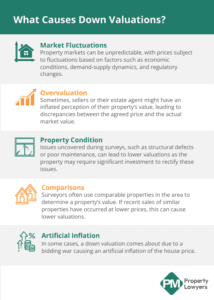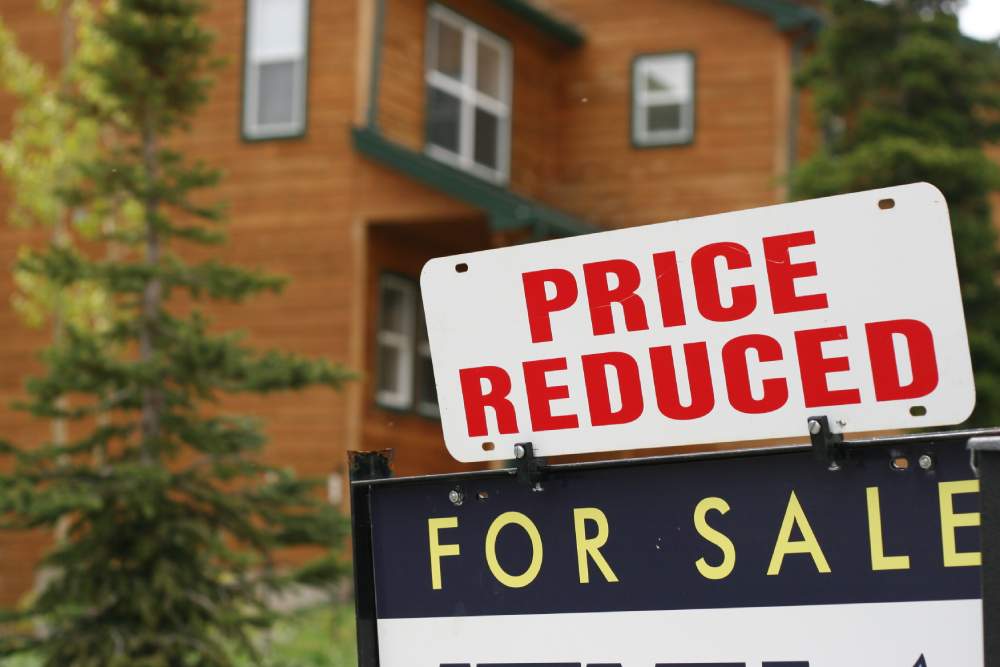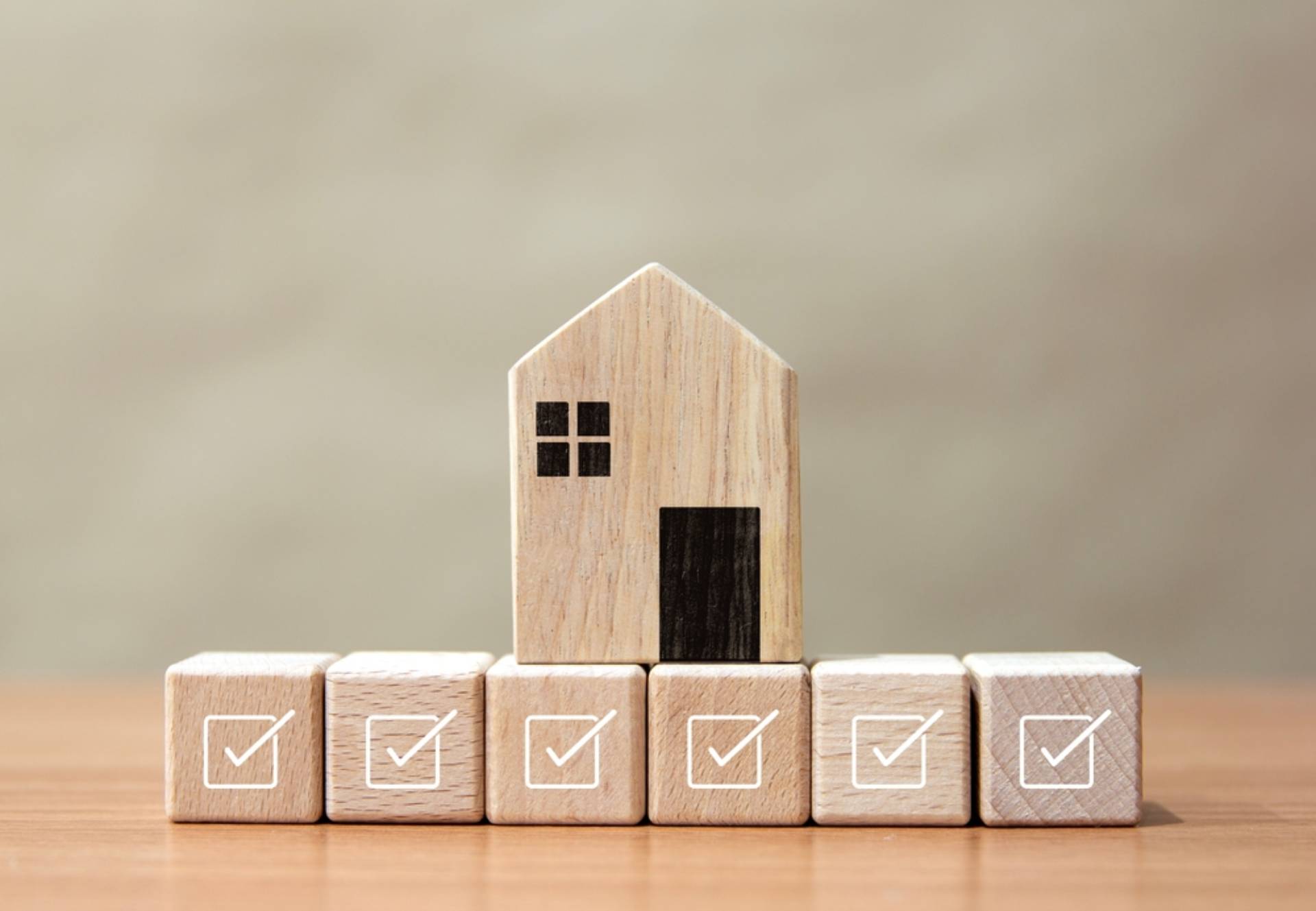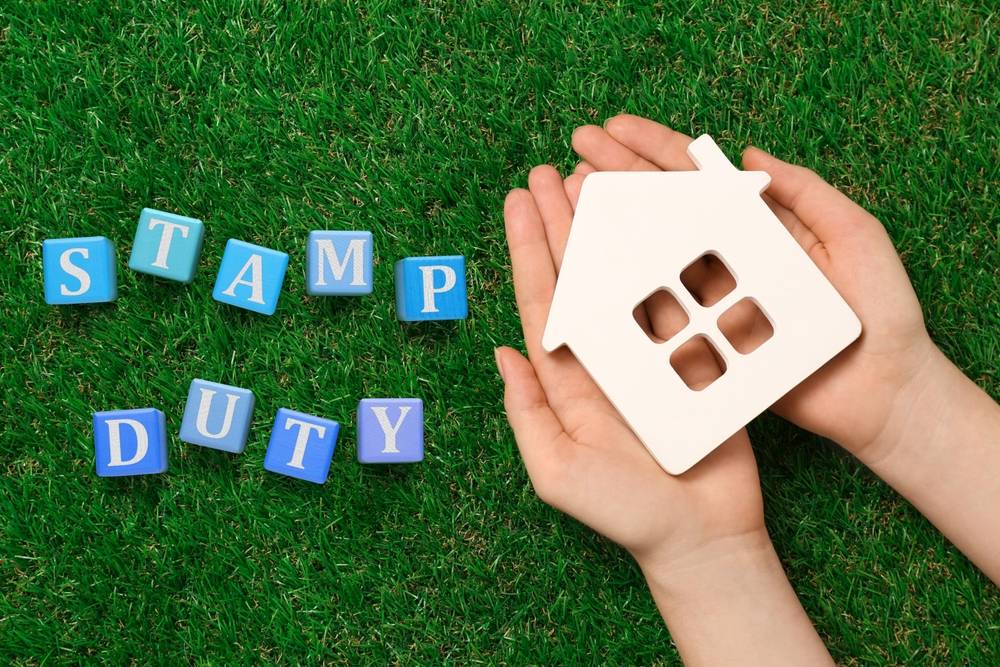If you’ve ever bought a house, you know that property transactions can be a time of upheaval. In a perfect world, you find a house you liked, put in an offer, it’s accepted, and you move in. Sounds simple, right? But as you know, it doesn’t always go smoothly. During the process, there’s a term that can throw a spanner in the works: down valuation.
Whether you’re a buyer excitedly planning your dream home or a seller eager to close a deal, it is vital to understand down valuations and what its implications are. It can also offer you some assurance. A down valuation isn’t the end of the world, especially if you’re prepared to navigate one.
Let’s delve into this aspect of property transactions and unpack what they are, the implications they might have, and what to do if you’re faced with one.
What is a Down Valuation?
In most cases, when you’re putting a house up for sale, it will be valued by an estate agent. This value is based on things like location, condition, market value and much more. Once the house has been valued, the seller will put the house on the market for this price. Following this, offers will be made with the initial valuation in mind.
When someone has put an offer in a house, it’s highly advised they get a house survey, which is an assessment that analyses the condition of the property. Mortgage lenders often also require a house survey, to make sure they’re lending the correct amount of money in line with how much the house is worth.
If the surveyor reveals that the house is worth less than the initial estimate, this is called a down valuation.
What Causes Down Valuations?

As disheartening as down valuations can be, there are multiple reasons why they might take place. Trying to pinpoint a cause for every unique down valuation that happens would be futile, but there are a few explanations as to why they might happen:
- Market Fluctuations: Property markets can be unpredictable, with prices subject to fluctuations based on factors such as economic conditions, demand-supply dynamics, and regulatory changes.
- Overvaluation: Sometimes, sellers or their estate agent might have an inflated perception of their property’s value, leading to discrepancies between the agreed price and the actual market value.
- Property Condition: Issues uncovered during surveys, such as structural defects or poor maintenance, can lead to lower valuations as the property may require significant investment to rectify these issues.
- Comparisons: Surveyors often use comparable properties in the area to determine a property’s value. If recent sales of similar properties have occurred at lower prices, this can cause lower valuations.
- Artificial Inflation: In some cases, a down valuation comes about due to a bidding war causing an artificial inflation of the house price. For example, if a house was on the market for £100,000, and someone offered £110,000, someone else may offer higher to outbid the original offer. If the survey then values the house at £95,000 they may run into issues with their mortgage lender.
If you’re faced with a down valuation, your best bet is to open up a line of communication with the other party and see if you can negotiate.
What Happens if the Valuation is Lower than the Offer?
When it comes to down valuations, there are implications for both buyers and sellers.
Implications for Buyers
For buyers, a down valuation can have several implications:
- Financial Impact: If a mortgage lender values the property lower than the agreed price, the buyer may need to cover the shortfall with additional funds or renegotiate the purchase price with the seller.
- Mortgage Approval: A down valuation can affect mortgage approval, as lenders typically lend based on the property’s valuation. If the valuation is lower than expected, it may impact the buyer’s ability to secure the desired mortgage amount.
- Negotiation Leverage: A down valuation can provide buyers with leverage for renegotiating the purchase price. However, this may not always be successful, especially if the seller is unwilling to lower their price.
Implications for Sellers
For sellers, a down valuation can also present challenges:
- Sale Price Reduction: If the property is down-valued, sellers may need to reduce the sale price to proceed with the transaction, potentially resulting in financial loss or disrupting their plans.
- Buyer Confidence: A down valuation can erode the buyer’s confidence and lead to renegotiation, or the collapse of the sale altogether, if the buyer is unable or unwilling to proceed at the revised price.
Advice for Buyers
For buyers facing a down valuation, we understand this might be a discouraging time, but there are some things you can do. Here are some key pieces of advice:
- Consult with Experts: Seek advice from conveyancers and mortgage brokers who can provide guidance on your options.
- Reassess Your Budget: Assess your financial situation and determine whether you can cover the shortfall.
- Consider Alternatives: If renegotiation isn’t feasible, explore alternative properties or financing options that align with your budget and preferences.
How Common are Down Valuations?
Down valuations are not uncommon in property transactions, especially in volatile or competitive markets. While they can be challenging to navigate, they are a reality that buyers and sellers may have to deal with during their property transaction.
It is crucial for both buyers and sellers to understand down valuations and what their implications are. By being aware of the factors that can contribute to down valuations and seeking expert advice when needed, you can be prepared to navigate this issue should it arise.
A Down Valuation Isn’t the End of the World
If you’re buying a house, it’s not unlikely that you will face a down valuation. With mortgage lenders fluctuating in their risk adversity, and estate agents sometimes overvaluing the property, you shouldn’t necessarily expect it but be prepared for it. If you do experience a down valuation – it’s far from the end of the world.
There are ways to overcome this obstacle, and it all starts with communication. Whether you’re a buyer or seller, there’s room for negotiation if you’re faced with a down valuation. Don’t panic and try to open a dialogue.
If you need more support, contact PM Property Lawyers, and we’d be happy to help.






